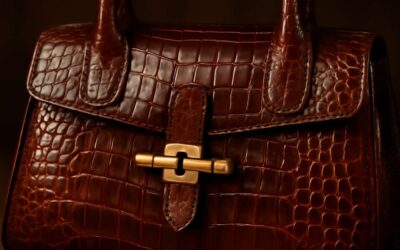A crocodile farm or alligator farm is an establishment for breeding and raising crocodilians in order to produce crocodile and alligator meat, leather from crocodilian skins, and other goods. These farms are found throughout the world and some of them also include other animals, such as lions or elephants, to attract tourists and boost their income. These farms usually have a tour guide that will take visitors to all of the viewing points. This is the perfect opportunity for guests to ask questions and get some fun pictures with their family and friends.
While some crocodile farmers have on-farm reproduction, most rely on collecting eggs from wild populations and reintroducing three year old crocodiles back into the river to keep the natural population sustainable. This strategy is often referred to as “crocodilian ranching” and has been successful in preserving wild crocodilian numbers, generating employment and foreign currency, as well as offering an exciting tourist attraction.
Crocodile farming is very similar to livestock production and therefore carries the same range of animal welfare issues as other forms of livestock production. These include a lack of adequate space for exercise and freedom to express their natural behaviours, as well as a significant amount of handling that can lead to distress and stress (RSPCA, 2007). The long-term confinement of crocodiles in captivity can also have a negative impact on their health, and the RSPCA is opposed to the capture and keeping of wild crocodiles for use in farming.
In the wild, crocodilian mothers lay anywhere from 20 to 60 eggs in a single nest. They then guard the nest to protect it from predators. After a period of incubation that varies by species and temperature, the infants hatch within a short time. In nature, infant crocodiles are often preyed upon by mongooses, dogs, raccoons and even ants.
After the crocodiles have hatched, the farmer will feed them regularly, as the food is essential to their growth. They are also given antibiotics to prevent infection and to promote a healthy growth rate.
The crocodilian’s skin is very valuable as it can be used to make high-end leather products such as shoes and bags. The leather is sourced mainly from Southeast Asia and Australia as it has the right qualities for making such items. The farm also produces a variety of other crocodilian products, including toys and jewellery.
The International Crocodile Farmers Association (ICFA) has developed formal farming standards for crocodilian farms and provides an internationally recognised certification programme to ensure that responsible and ethical animal production is practised worldwide. The standards are outcome-focussed and can be adapted as new scientific research becomes available. This will ensure that the best practices are adopted globally to minimise disease and maximise production rates. The ICFA is supported by major luxury brands, tanneries and manufacturers and is seeking to achieve a global sustainability standard for the crocodilian industry. This will benefit the world’s natural ecosystems and local communities.

0 Comments